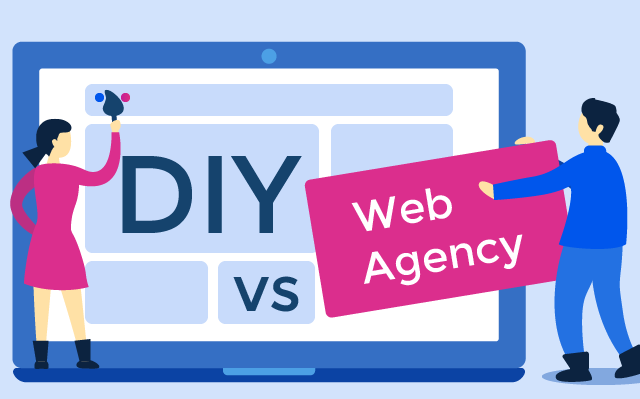The idea is paramount, but from design to marketing, conception to reality, a lot of work is necessary to develop a successful app.
If you wish to end up with a productive venture, it takes more than just putting your app on iTunes, Google Play or Amazon.
With the right approach and effort, anyone can develop a successful app. Let’s say you have a great idea, what should you do next?
If you wish to end up with a productive venture, it takes more than just putting your app on iTunes, Google Play or Amazon.
Before you start developing a mobile app, you need to answer some questions first.
#1 Can you easily explain your idea to anyone?
Fred Wilson, a venture capitalist, explains that “one of the essential techniques in bringing technology to market is simplification”. There’s a good chance you will have to work with an app development company or a marketing firm. Moreover, you might only have one good chance to find investors. These are the people who know their business very well and make their decisions carefully.
“At some point, you have to convince people that what you are doing is important, and they should join your company, buy from your company, invest in your company, and write about your company.” Can you communicate your idea successfully?
#2 Who are your users?
You have a great idea, and you are in love with it, but are others? Knowing your target users and their behaviour can in many ways determine the success of your product. Do you understand how your users behave? Have you researched your target audience? What devices or platforms they are using? What kind of things should they do when they use your app?
Before you even start thinking about development or marketing requirements, it’s better if you first share your idea with friends and family. Find out if your friends will use your app, or if they find it interesting, then move to the next stage and start researching your potential users. Moreover, with millions of apps on the market, unless your app brings real value to the users, it may not be worth the cost. Know your audience and do plenty of research to determine your business’s needs.
#3 Should you develop a cross-platform app? iOS or Android?
Both iOS and Android offer a similar approach to function and design. Cross-platform apps require more work as they need to provide a consistent experience on both platforms. Many face the difficult choice of choosing between the two popular platforms. However, before choosing, you should consider different factors such as what platform your audience is using, the competition, the market and so on. Assess your business needs carefully.
#4 Do you know your competitors?
By researching and identifying your competition, you can find out what other apps are doing right or wrong. Moreover, this will help you determine the specific features of your app. Ask yourself: what are the app’s core features? What particular features your app should have? Is this evaluation a part of your project plan? You can spy on your competitors and consider their strategy or approach.
#5 Who are your mobile app developers?
Unless you are going to develop an app yourself, you need a professional mobile app development company. It’s good if you have a wire-frame (designs that show how the user will interact with your app) and visual design (an example of how the screen will look when it’s in the app), if not, mobile app development companies usually provide this service. Once you have these requirements, you can find a company that can design and develop your app. Mobile app development takes coding knowledge and proficiency; you need professionals and trusted developers for your app to be technically sound, secure, visually appealing and easy to use.
#6 Do you have a budget?
Development costs depend on the complexity of the project and features involved (which is why it’s imperative to define the requirements of the app, both functional and non-functional). Based on your budget, developers can work keeping in mind the key features of your app.
#7 What are the business objectives for your product?
In other words, why are you creating this app? What problem is your app going to solve? What does your app offer to the users? Are you offering your app for free? Would your app have in-app advertising? Do you plan to have features that are unlocked with a cost? Having a clear monetization strategy right from the start is crucial.
#8 Do you have a PR strategy and marketing and advertising budget?
Do you have the branding for your app? Launching an app is similar to starting any other business; you need to get your product in front of people. You have to tell people where to find your product. App store optimization is a good way to start, but you need to market your app. In most situations third-party endorsement is the best form of publicity, on the other hand, your strategy depends on many factors, firstly, on the type of the app.
You also need to identify what’s working and what’s lacking, so you might want to start with the test market. Tracking tools can help you identify the market, and to find your best users. You need to keep in mind that there are millions of apps available today, so you need to show how your app stands out from the crowd.
#9 What about the risks associated with your product?
Discussing project risks is as important as everything else related to your project. If you are aware of certain risks, you will be able to plan accordingly.
If you know the answers, you can start developing your app. If not, make sure you respond to these questions.




